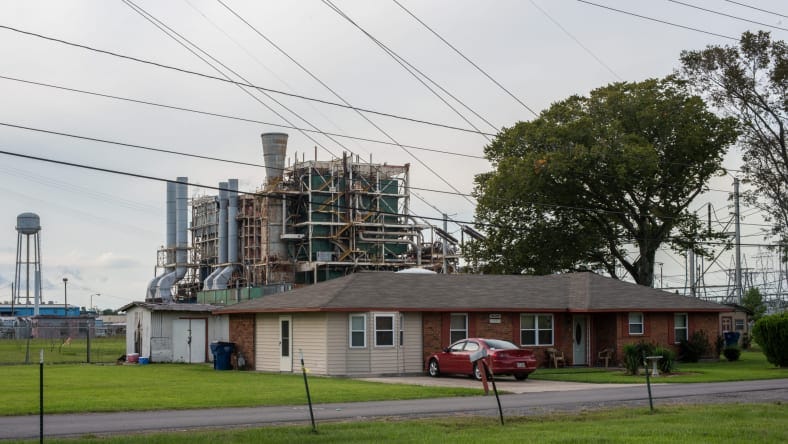Black People are the Key To Stopping the Climate Crisis
theGrio: The spaces we live in are regularly under attack from a noxious confluence of environmental stressors. We could reverse these trends by centering Black people in the response.
From theGrio …
Back in 2014, two years into the second term of the first Black president, I made the fairly audacious claim in a column that “… President Obama could be the only Black person on the planet who cares about climate change. Let’s be real about it: The ill-fated climate change debate is as white as late-night talk shows. Most egregious is a pervasive lack of any urgent Black political action on the subject.”
This prompted eye rolls, spasms and even counter columns from noted voices in the environmental-justice activist class. Strangely enough, the column mysteriously disappeared. Still, that statement stands as true today as it did nine years ago, even as Black communities nationwide find themselves virtually defenseless on the frontlines of environmental catastrophe and existential threats such as climate crisis. Indeed, anything environmental easily tops the list as our No. 1 challenge. Against the backdrop of every problem we consider a uniquely — or disproportionately — Black problem, there is something gravely environmental triggering, aggravating or exacerbating them.
Black communities have always been the first warning signs of environmental and climate disasters. Our trans-Atlantic enslavement, the impetus of modern capitalism, is what caused and accelerated it, as Penn State University climatologist Gregory Jenkins reminds us. As a somewhat seminal 2017 joint NAACP and Clean Air Task Force report found, Black people “… are exposed to 38 percent more polluted air [than whites], and they are 75 percent more likely to live in fence-line communities.” Fence line means we’re more likely than everyone else to live next door to or near a toxic facility. That’s not even mentioning the disproportionate share of asthma, respiratory illnesses, cancers and other chronic diseases we face as a result.



